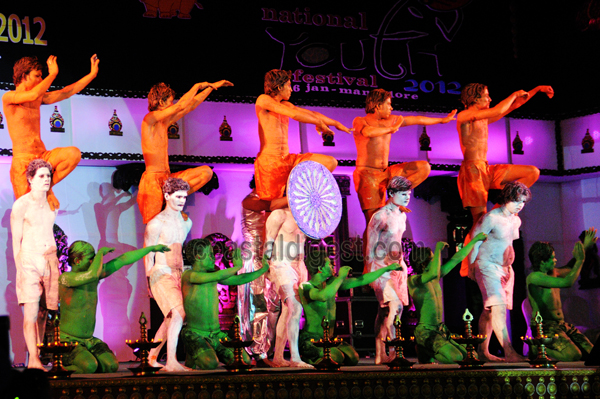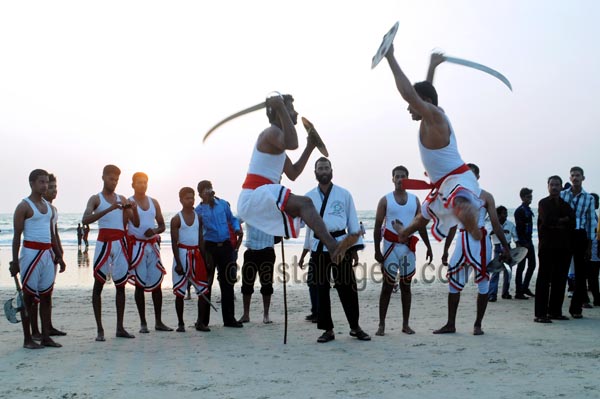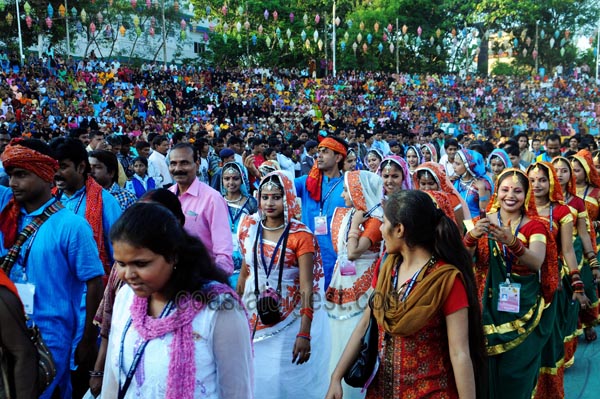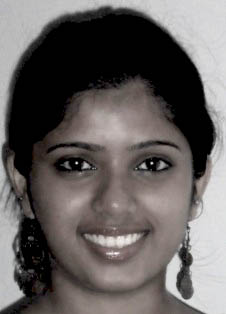It is one of those things that Mangalore can proudly add to its list of achievements. The 17th National Youth Festival was an unusual event that the city of Mangalore will always cherish.
Who would have thought that this small city would be home to more than 5,000 people from the nook and corner of the country for five days.
For all those who did not even know there is a youth festival organized every year, this was a moment of revelation. The festival not only got the entire nation together, but also very beautifully taught the message of brotherhood.
What was most overwhelming is the transformation the city of Mangalore witnessed. The roads were decked with beautiful lights, the roads were fixed, posters and banners with pictures of Swami Vivekananda displayed prominently and cops kept a check around the city.
The competitive events organised during the Youth Festival drew lot of participants. The classical and folk dance, instrumental music, elocution and the likes helped the exponents to exhibit their talents. Moreover, it was a chance for the rest of the country to see in person what they usually saw on television.

The food festival and Yuva-Kriti organized at the Mangala Stadium ground was a sight to behold. People kept bustling in and out of the stadium, savoring the various tastes of India and buying the articles created by the youth. Be it pickle, sweets, caps, shawls, sarees, artifacts or any other item that comes to your mind, the place was a hub to all sorts of trade.
A one of a kind spectacle was the enthusiasm with which various teams from all over the country danced on the TMA Pai Convention Hall premises at any time of the day or night. Any time during the five days of the festival, if you moved in or out of the place, there would always be somebody who would play music and gather a large group to dance to its beats. The carefree youth were seen not only dancing their own dance forms, but also joining in others- making this place full of activity. From the tiny eyed ones, to those with big turbans all had a great time.
This was also an occasion for the people of India to know of a city called Mangalore. Speaking to the participants and delegates from all of the country, there was one thing very clear- they love the people of this city. When asked them of their previous experiences at Youth Festivals, in comparison, they only praised this one for the city and the people who made it this perfect for them. In addition, they were able to make a very good profit from these stalls, which made them very satisfied.

Of course, there were people who complained that the road got blocked, work got delayed and other such inconveniences. But, there are a greater number of people who think the positives outweighed the negatives. The brand image of Mangalore has definitely got a shot in the arm, as the thousands of youth who have returned to their places will continue to rave about the wonderful people and hospitality of the coastal city. For the localites, getting to watch Euphoria, Shivmani, Colonial Cousins and others perform for free was surely worth the difficulty.
No doubt the guests had certain problems with bus numbers and accommodation; but on the whole, the response was quite positive. There is a lot that each one had contributed and achieved. This event has certainly added a feather in the cap to the city. Mangalore has finally come of age!

The writer is a student of Mass Communication & Media Studies at St. Aloysius College, Mangalore. She was part of the official media coverage team of the 17th National Youth Festival.






Comments
Add new comment